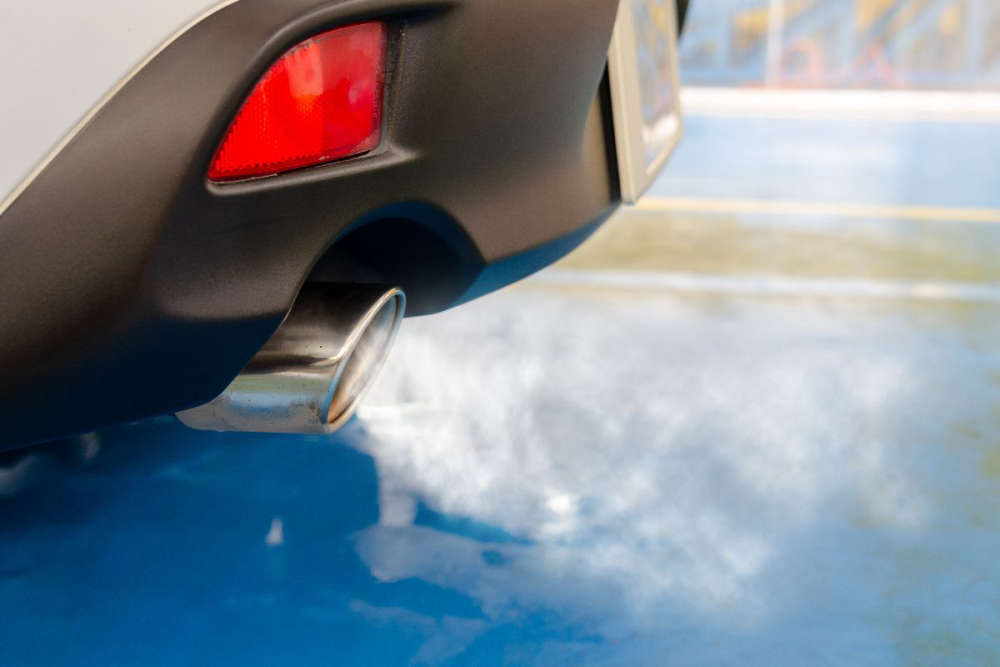
Jersey's government has unveiled radical plans to reduce the island's carbon emissions to net-zero by 2050.
That is the date decided by the international Paris Agreement on Climate Change, which the island signed up to at the COP26 conference in Glasgow last month.
The £23 million proposals include a raft of new policies covering the likes of transport, heating, construction, and agriculture.
It includes several recommendations from the Citizens' Assembly appointed to suggest ways of reducing the island's environmental impact.
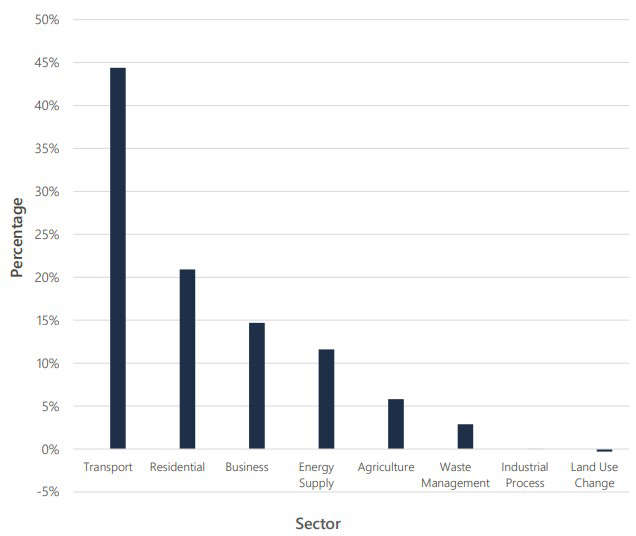
Jersey's carbon emissions by sector
Jersey's Environment Minister, Deputy John Young, says it is important that islanders have their say on the proposals before States Members debate them early next year:
"The policies offer a series of incentives to encourage Islanders to make low carbon choices in the way we travel and heat our homes and businesses.
There are additional proposals to phase out technologies that are based on fossil fuels, over the coming years."
A consultation is being launched today, with islanders able to have their say between now and Monday 31 January.
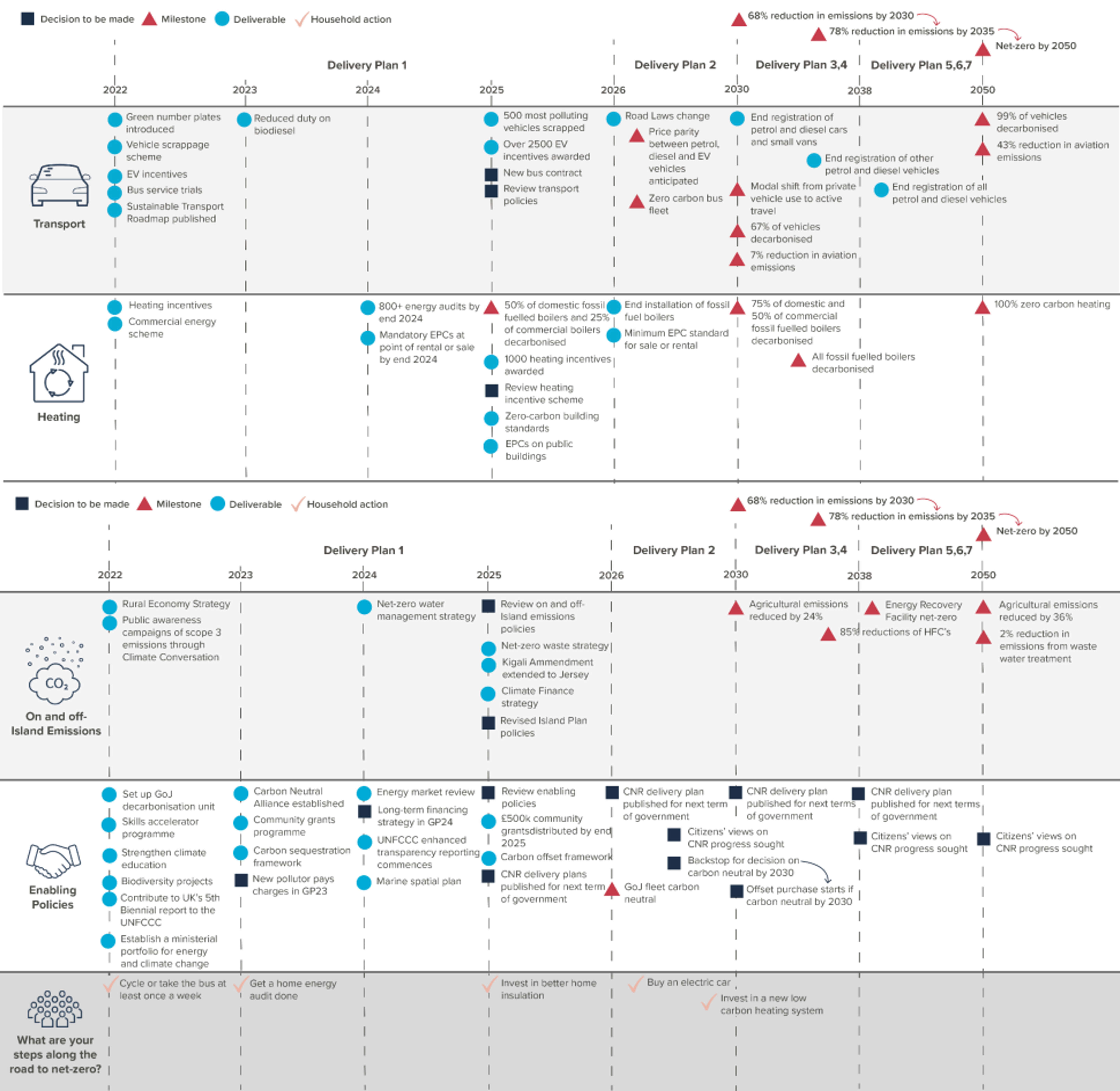 The Government of Jersey's Carbon Neutral Roadmap (click to enlarge)
The Government of Jersey's Carbon Neutral Roadmap (click to enlarge)
Transport
The government's 'Carbon Neutral Roadmap' reveals plans to offer incentives to trade-in polluting petrol or diesel-powered vehicles, before they are due to be removed from sale altogether starting in 2030.
It's to encourage more people to adopt greener electric vehicles and get the most-polluting vehicles off the road.
The island's bus service is also set to continue expanding over the coming years, with Ministers promising 'a programme of service development trials' between 2022 and 2024.
Ports of Jersey's CEO, Matt Thomas, previously told Channel 103 it will be outlining 'ambitious' plans to reduce the environmental impact of air and sea travel to Jersey early next year.
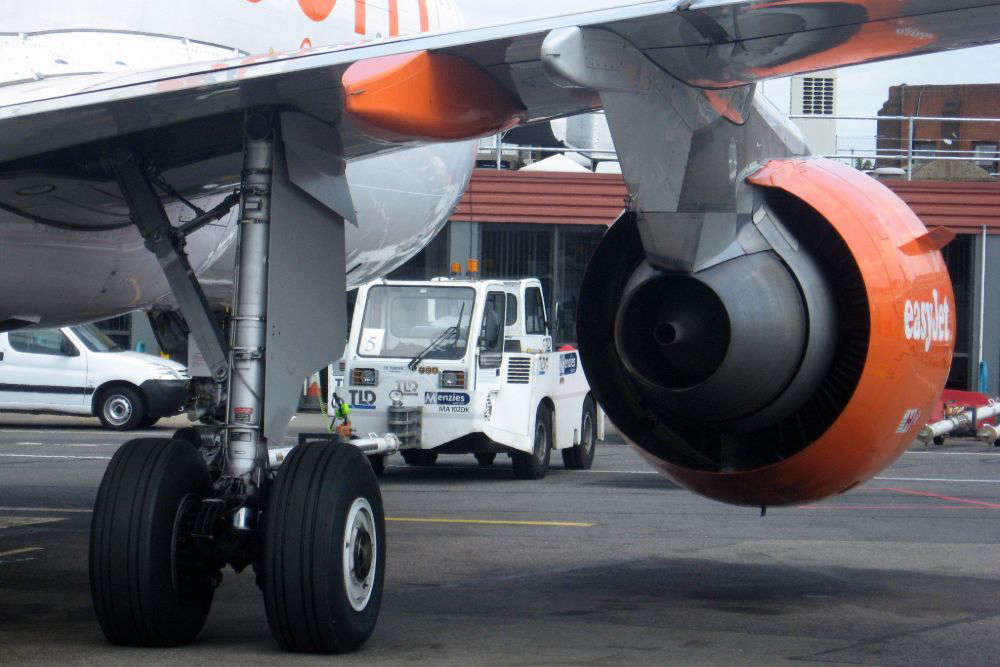 Transport is responsible for nearly half of Jersey's total carbon emissions
Transport is responsible for nearly half of Jersey's total carbon emissions
Any petrol or diesel car or van that is manufactured in 2012 or earlier will be eligible for the scrappage scheme, with the government offering a £500 'green living credit' if their vehicles are taken off the road.
Financial subsidies will also be offered on all newly-registered electric vehicles.
Jersey's government has also pledged to offer funding to install domestic electric vehicle charging points, increase the availability of charging stations in public car parks and to amend planning regulations to cut down on the red tape associated with installing them.
Vehicle Emissions Duty is set to continue rising for petrol and diesel vehicles in every future year, but the government says electric vehicles will continue to be exempt until at least 2030.
Ministers plan to introduce laws to ban imports of petrol and diesel cars and small vans from 2030 'at the latest', extending the restrictions to other kinds of polluting vehicles over the next decade - until 2040.
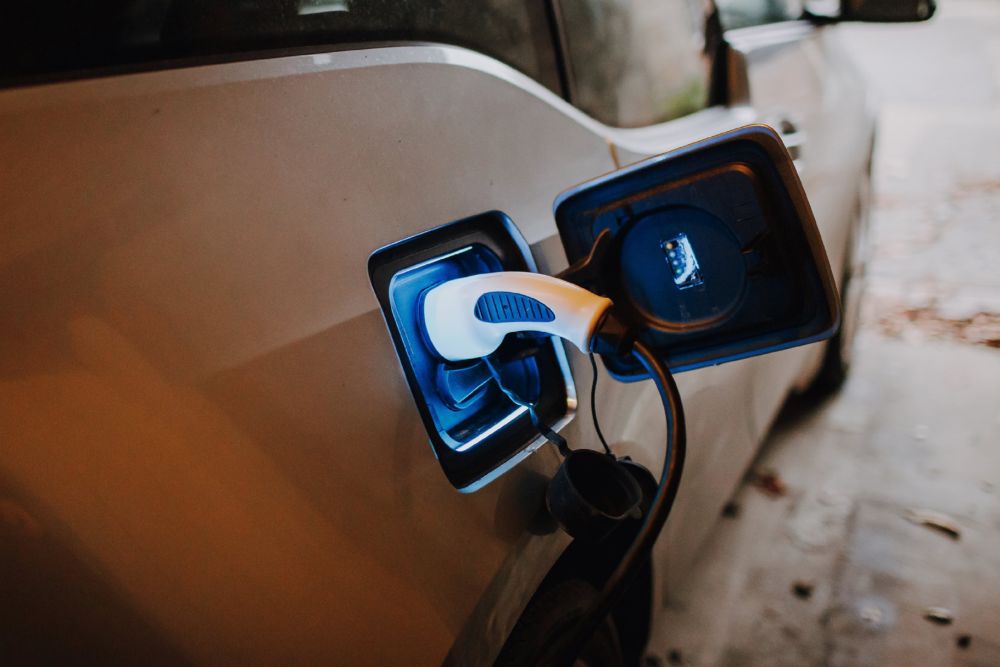 A ban on importing petrol and diesel-powered cars and small vans is due to come into effect in 2030 'at the latest'
A ban on importing petrol and diesel-powered cars and small vans is due to come into effect in 2030 'at the latest'
There are even proposals for green number plates, so electric vehicle owners will have a 'visible signifier of their contribution to tackling the climate emergency'.
Heating
Home and business owners will be encouraged to switch to low-carbon heating and install insulation, with the government promising subsidies to help fund the investment between 2022 and 2025.
Building regulations are also set to be amended. From the 1st January 2026, fossil fuel-powered boilers will be banned from being installed. Existing ones will be able to be maintained though.
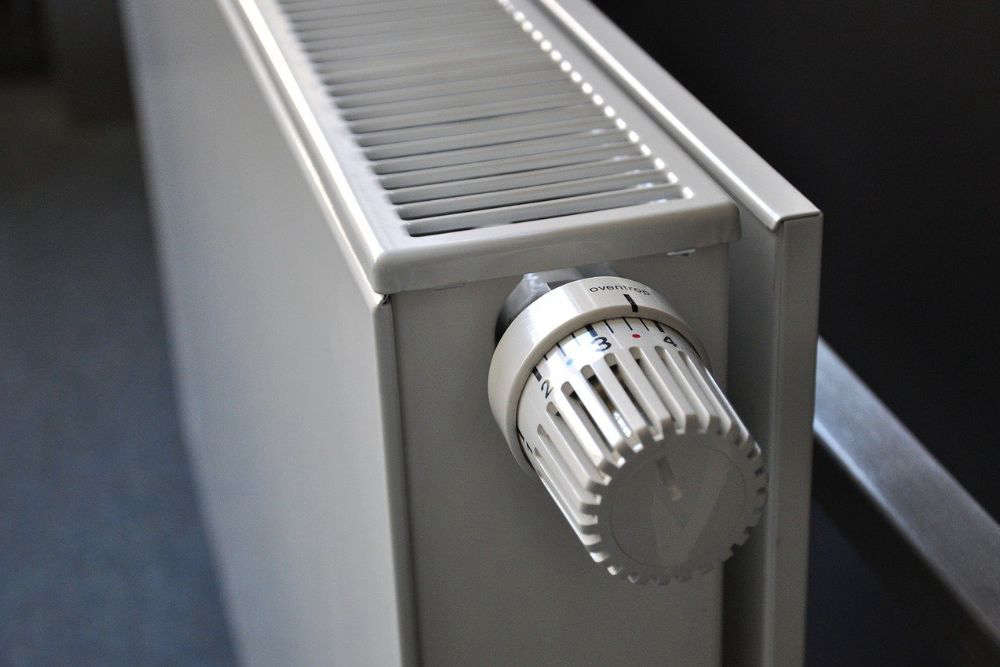 New or renovated properties won't be able to install fossil fuel-powered boilers from 2026
New or renovated properties won't be able to install fossil fuel-powered boilers from 2026
Under the plans, all residential and commercial properties will have to come with an Energy Performance Certificate whenever they are bought, sold or rented by the end of 2024. They will also have to be displayed in all public buildings from 2025.
Minimum standards for efficiency will be introduced from 2026.
Business and charities
Plans are being drawn up to create a new 'Carbon Neutral Alliance', made up of Jersey businesses, charities, community groups, and other organisations to work together to reduce the island's environmental impact.
A £500,000 'Climate Action Fund' will also be set up, offering grants towards 'grassroots projects' which will help tackle the climate emergency.
Another goal the government has outlined is to 'support the development of low-carbon and sustainable' supply chains.
Construction
The government says it will continue working with the likes of the Jersey Construction Council and Association of Jersey Architects 'to drive-down the whole life impact of the island's construction sector'.
That includes the use of so-called 'policy levers' to encourage change.
New minimum standards of environmental impact will also be introduced for all government infrastructure and construction projects.
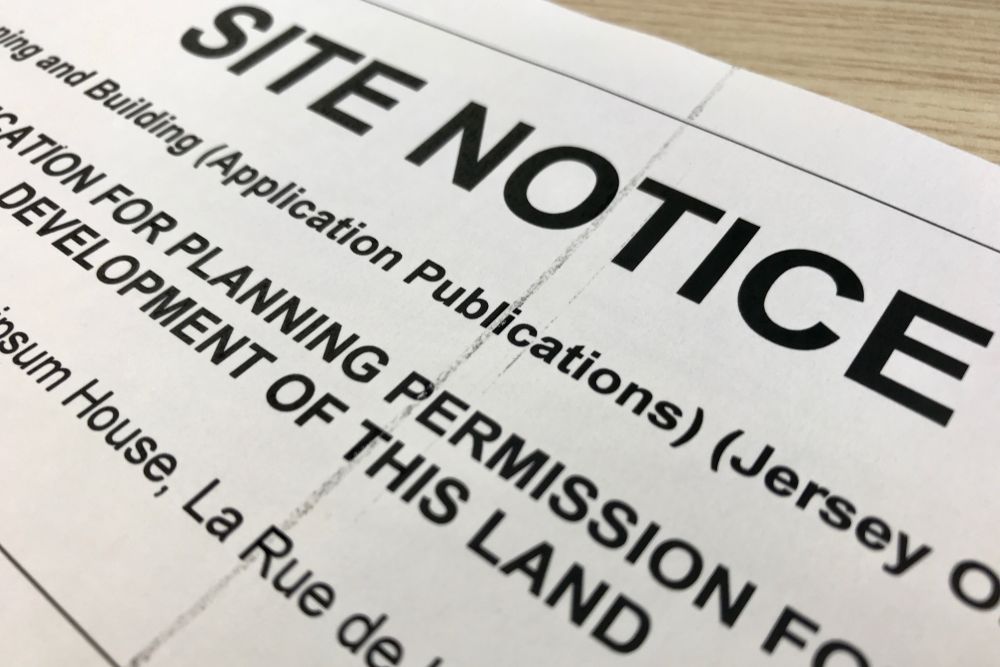 Planning laws and building regulations will be amended to encourage sustainable construction, if the plans are adopted
Planning laws and building regulations will be amended to encourage sustainable construction, if the plans are adopted
Agriculture
A new 'Rural Economy Strategy' is currently being drawn up by officials which are expected to outline ways for the island's farming industries to reduce their carbon emissions.
It is due to be published in 2022.
Public Sector
A new 'Decarbonisation Unit' is due to be set up next year - drawing up action plans to reduce carbon emissions across the Government of Jersey starting in 2023.
Renewable diesel will be phased in across the States-owned vehicles starting in 2022.
And more...
These are just some of the plans outlined in the government's draft Carbon Neutral Roadmap.
You can find out more in the full report and have your say on the proposals on gov.je.


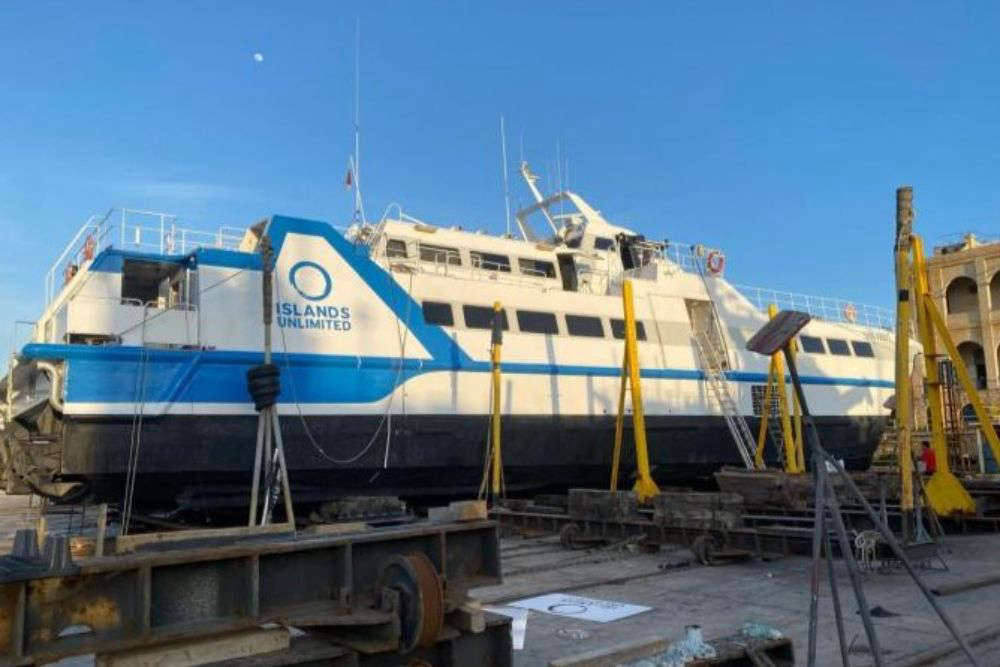 New Channel Islands catamaran tests well in choppy seas
New Channel Islands catamaran tests well in choppy seas
 Jersey-born artist's work exhibited in the British Museum
Jersey-born artist's work exhibited in the British Museum
 Jersey Hospice opens new chairty shop out east
Jersey Hospice opens new chairty shop out east
 FIRST LOOK: New Parade Gardens playgrounds open two weeks early
FIRST LOOK: New Parade Gardens playgrounds open two weeks early
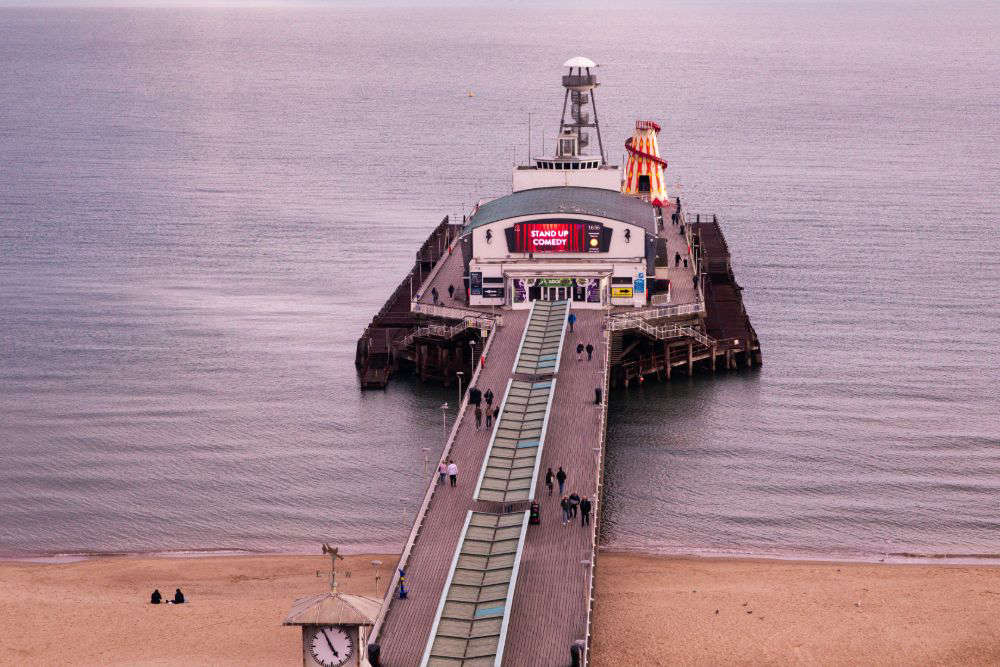 Bournemouth on the cards for 2026
Bournemouth on the cards for 2026
 Tarifa Jet returns to Jersey
Tarifa Jet returns to Jersey
 Record low starling sightings in the Channel Islands
Record low starling sightings in the Channel Islands
 Jersey among worst OECD countries for drinking alcohol
Jersey among worst OECD countries for drinking alcohol



